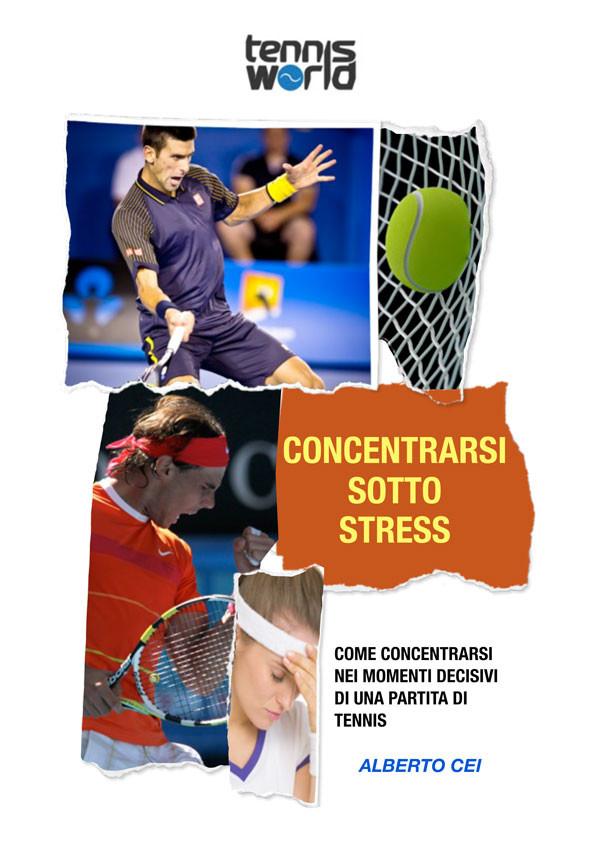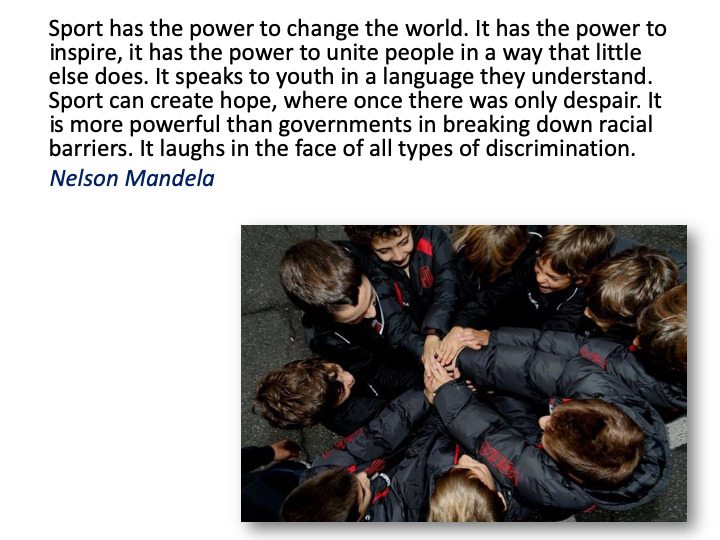Monthly Archive for April, 2021
Improve, step by step – some practical guidance.
- Have a clearly defined vision and mission. Turn words into action.
- Practice self-reflection daily, and make it a habit.
- Read, take notes, and discuss your readings with others.
- Write – keep a journal. Tie it to your self-reflection.
- Build a network of social relationships
- Find a mentor with whom you can share your goals, ideas, and actions.
- Be aware of your skills and areas for improvement.
- Remember that interpersonal communication is the foundation of your relationship with others.
- Leave your iPhone and iPad in the office. Put away the Go Pro.
- Grow and hone your observation skills.
Sir Alex Ferguson, in a new documentary due out at the end of May, reminds us the importance of our roots. There is no getting away from our family history and the environment in which we grew up.
For psychologists. This approach should remind us of Harry Stack Sullivan and his theory of the interpersonal origin of personality (1953). Thus, the study of the behaviors of individuals in relation to others. Personality is inconceivable outside the context of interpersonal relationships. The self is social and interpersonal in its development and functioning throughout life.
In sport psychology, the relation between the athlete-team interpersonal relationship and sport performance has been defined through the concept of cohesion. Studies have highlighted two dimensions of cohesion – perception of team cohesion and degree of closeness among the players – that make the difference between winning and losing teams.
2020 has passed and will be remembered as the worst year of the past 75 years. The year pushed the whole world into what was initially a health crisis, which soon became a planetary pandemic that has upset the life of every person and caused millions of victims. It destroyed a significant part of the world economy and has radically changed the way in which we work and interact with others. I am a psychologist and I deal with sport and the well-being of those who practice it, be they champions and professionals or individuals who carry out sporting activities as a part of their lifestyle. The pandemic forced us to stay at home, to social distance, and to eliminate sports as we knew it. Movement and sport management have become a source of additional stress that have had negative psychological effects on people who are even just participating in sports recreationally. However, also on athletes who play sports professionally and those with disabilities who evidently benefitted from continuously participating in sport.
With these considerations, I started to talk about this situation on my blog in order to better understand the effects of the pandemic on people, and also to provide information on how to play sports while respecting the rules and reducing the possibility of contagion.
This book represents a journey that started at the beginning of March, a journey which involved my thoughts about this theme up until the beginning of the new year. I talk about the mentality of those who do not respect the rules, how you can deal with the anxiety caused by this radical change in daily life, how you can train from home, and the reasons why it is good to be active and minimise suffering in these circumstances. In addition, I advise coaches not to give up their leadership role, and athletes to continue to train even in the absence of competitions. Finally, I present practical tips and ways of thinking and coping with this unique and totally unexpected period.
A master’s thesis discussed today by Michele Aquila, Tor Vergata University, Roma, clearly illustrates how the dominance of task- or result-oriented motivation determines in each age group differences in the reasons for playing soccer.
It is important for a coach and psychologist to understand the basis of the psychological training.
It’s about answering the question of what aspects are the basis for mental improvement in young people. I would say that from the age of 14, one can introduce an activity centered essentially on mental education for sports. The purpose is twofold. Those who will continue in their development as athletes will begin to develop the mental skills they will need, while those who will not follow this specialized path will have had the opportunity to learn skills that will be useful to them forever.
With this approach we are always in the area of teaching what it is necessary to learn, from the mental point of view, to learn to compete effectively or successfully overcome challenging situations (even non-sporting).
- Self-control - to improve it you can start by learning to take deep breaths, it predisposes to reduce physical and mental tension, increases the concentration on training tasks and the use of visualization.
- Proprioceptive awareness - Essential for an athlete to know how to move, what are the sensations to be perceived, for example during the warm-up, to know if how I think I’m moving corresponds to how I’m really moving.
- Talking to yourself - you have to learn to talk to yourself in a way that is helpful and encouraging, in every training and competition situation. This is simple to understand but difficult to practice if you don’t live in an environment geared in this direction.
- Be task-oriented - We need to embrace the concept that “we improve through our efforts”, so the feedback I give to myself should relate first to the quality of effort and only after the result.
- Visualize the sports actions - the mental repetition of sport technique and tactics is indispensable in each part of the training process, for beginners as well as for experienced athletes.
These, in my opinion, are the main skills to be developed in young athletes at the beginning of the training process.
Confidence builders
- Plan successes on daily base
- Live with positive people
- Stay focused on what you can do
- Ask yourself to destroy your fears
- Build an optimistic assessment of you bad performances
- Be your most important fan
- Try harder and persist longer under adversity
- Assess your performances with the mindset to do better next time
- Be excited about your present and future
- Practice daily self-control
Gloria Balague, Daniel Gould and Glyn Roberts (2020) North American sport psychology pioneers. International Journal of Sport Psychology, 51, 456-479.
Article of great relevance for those who want to understand the development of sport psychology, written by three leaders of this development in the last 40 years.
Our review of sport psychology in North America provides a context for helping us understand where we are in the field today. First, sport psychology has a long history with individuals from both the field of psychology and phys- ical education/kinesiology making strong contributions. Moving forward it is best to look at the benefits those trained in each area bring to the sport psy- chology and not fall prey to arguing about whose training is the best. Second, both researchers and practitioners have helped advance the field to where it is today. Researchers and practitioners must respect each other’s contributions and work together adopting a research to practice and practice to research orientation. Third, pioneers who made the largest contributions to sport psy- chology devoted significant portions, if not all of their time to the field and worked consistently across time. Fourth, while there were true pioneers who helped move the field forward, we should be careful not to fall prey to the great man or women approach to history. The field really took off in North America when large numbers of researchers, teachers and consultants started working in the field forward, often with some anonymity. Finally, the field has been and will be influenced by larger social and cultural events such as eco- nomic downturns, wars and pandemics as well as changes in educational and sport organizations (e.g., emphasis placed on grants at major universities, Safe sport legislation to protect youth from sexual predators). Those specializing in the field in the future must discover how to keep in mind the values and lessons learned from the pioneers that have allowed for growth while also adapting to these larger cultural and institutional changes.










